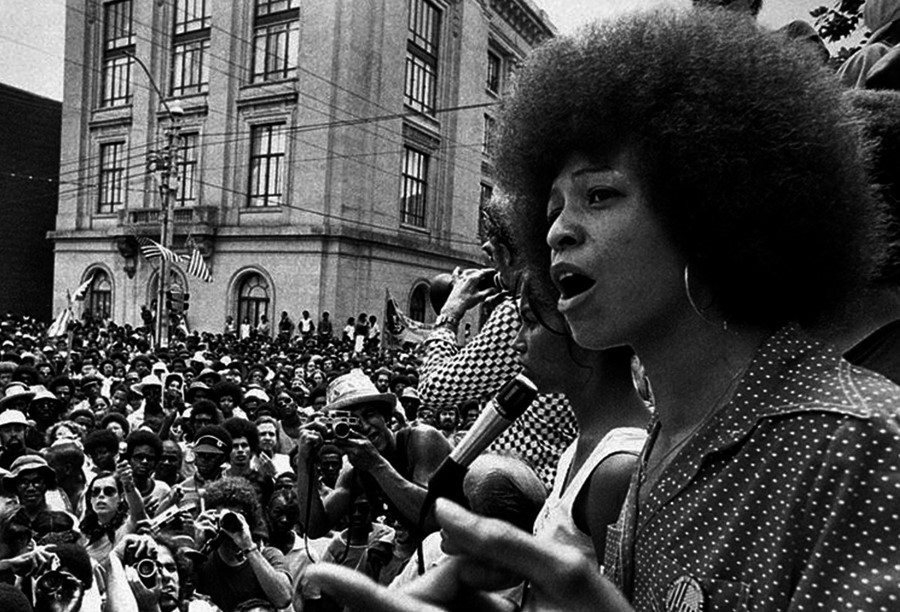As protesters around the world prepare to take to the streets this weekend, we honour five women who have fought tirelessly against racism, discrimination and gender inequality
Friday January 20th 2017 is a historic day. First and foremost, it marks the inauguration of president Donald Trump, signifying for many the beginning of a dark time of socio-political optimism. For others, however, it represents a call to arms – an opportunity to demonstrate unity, action and renewed hope in the face of whatever adversity tomorrow might bring. For the organisers behind the Women’s March on Washington – an event anticipating a turnout of 200,000, not to mention innumerable sister events around the world – it is the latter, and if the excitement surrounding this weekend’s events is anything to go by, we need not sink into hopelessness just yet. AnOther stands in solidarity with the Women’s March this weekend by paying tribute to five formidable women, representative of countless others, who have proved the power of protest again and again through their life’s work.
Angela Davis
Counterculture activist and academic scholar Angela Davis was heavily involved in the American civil rights movement, and fought passionately against the injustice of the prison system in the United States. She would stop at nothing to make sure her message was heard, her rallying cry for social change even catching the attention of President Ronald Reagan, who tried to have her banned from teaching. So impressive was the unflinching dedication with which Davis has approached her activism that she was lauded in the 1972 song Sweet Black Angel by the Rolling Stones, in which Mick Jagger sings to a washboard rhythm, “Well de gal in danger, de gal in chains, but she keep on pushin’, would you do the same?” What’s more, Davis is one of many who will be speaking at the March on Washington this weekend, using her incredible strength of spirit to continue pushing for the social justice she has dedicated her life to pursuing.
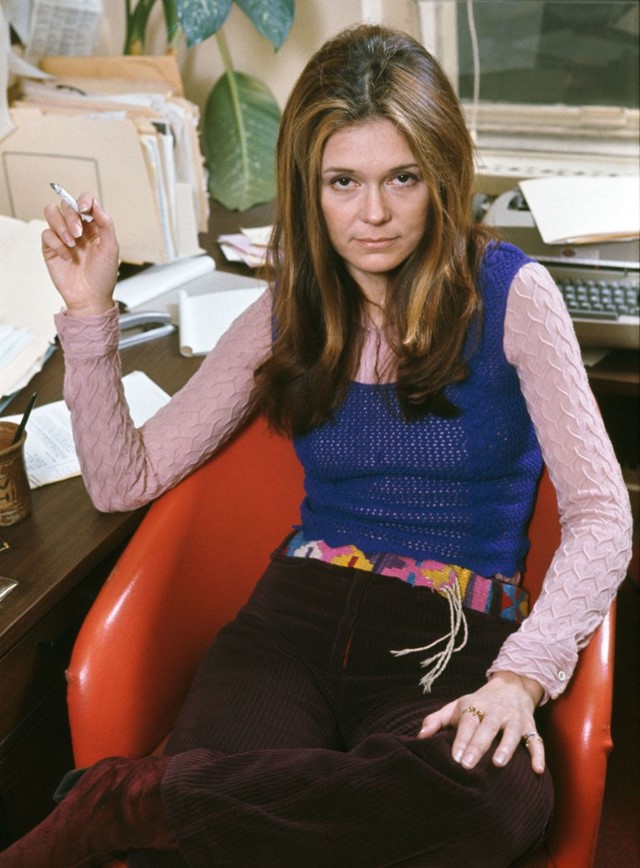
Gloria Steinem
Both due to, and in spite of, Steinem’s association with the women’s liberation movement of the 1960s and 70s – one often condemned as catering only to the needs and issues of upper class white women – her influence on the furthering of women's rights has been profound and indelible. At the age of 82, she is now an honorary co-chair of the Women’s March on Washington and has extended her reach beyond second-wave feminism to embrace the need for intersectionality and inclusivity in the movement. Both iron-willed and fine-feathered, the erudite writer and activist is also known for her ribbed knit turtlenecks, bell-bottoms, chunky belts and aviators.
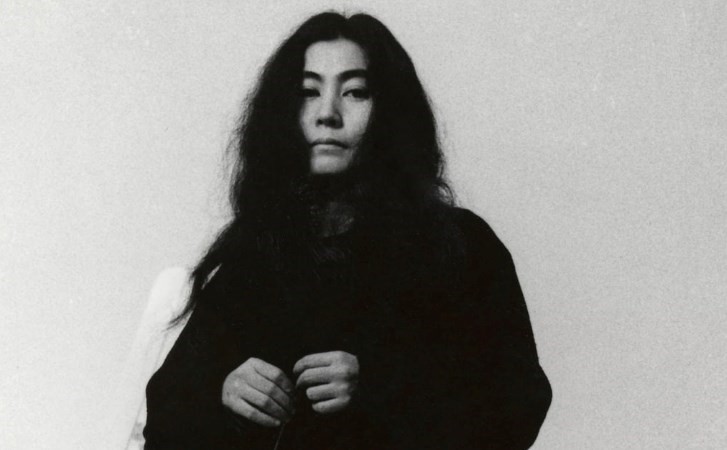
Yoko Ono
Artist, musician and peace activist Yoko Ono is perhaps most widely known as the widow of John Lennon, or as the meddling ‘groupie’ who destroyed the Beatles; unsurprisingly, for the 1960s, Ono was defined and overshadowed by her relationship with her husband – a notion confirmed by Lennon when he called her “the world’s most famous unknown artist”. Despite the misogynistic and racial abuse Ono received from the press, she resolutely persevered with her work as an avant-garde artist and activist, not only through the bed-in protests she staged with Lennon, but throughout her opus of radical performance art. Her trademark wide-brimmed hats, iconic wrap-around sunglasses and inimitable style serve to highlight her renegade status.
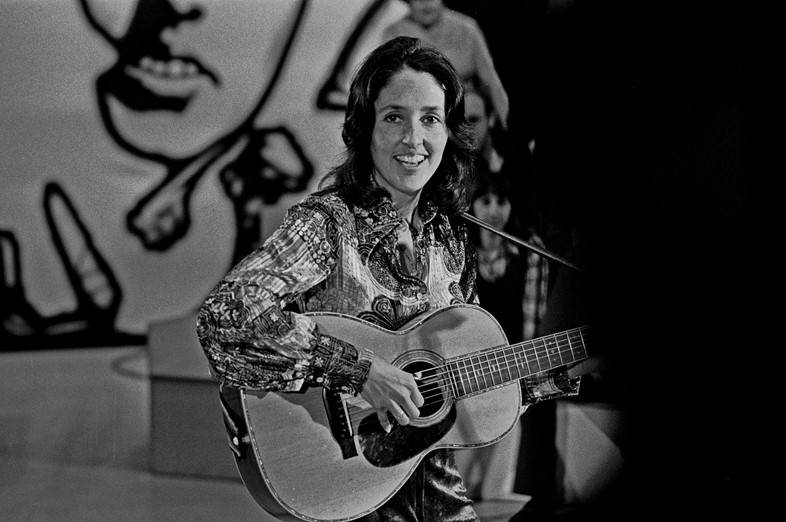
Joan Baez
Few have done more to neutralise hatred and fight social injustice through song than American musician Joan Baez. Her distinct mix of traditional folk ballads, blues and gospel deals with poignant political themes, such as environmental protection and the futility of war. She sang about freedom and civil rights in a hypnotic, crystalline soprano; from the backs of flatbed trucks in Mississippi to the steps of the Lincoln Memorial at Martin Luther King’s March on Washington in 1963. She is also known to have refused to pay her taxes for a decade to protest against U.S. military spending – a brand of insurgency we'd quite like to adopt ourselves.
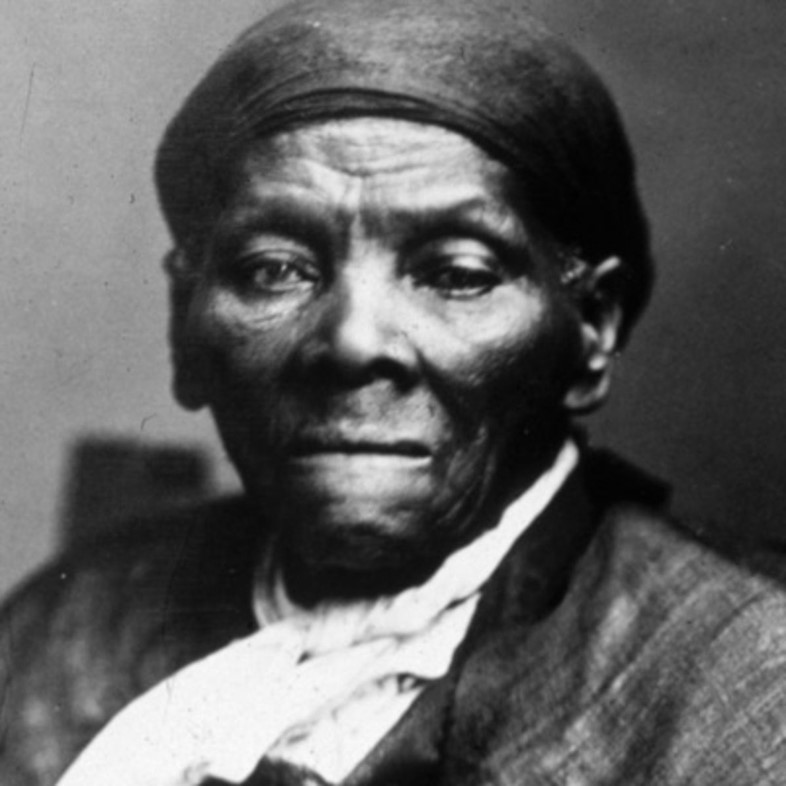
Harriet Tubman
Harriet Tubman undertook such acts of bravery and grit as to induce total veneration. She was born into slavery in 1822, and suffered horrific mistreatment before she succeeded in escaping, leaving her husband and family behind. Despite a bounty on her head, she subsequently made multiple missions to rescue around 70 of her enslaved family members and friends, before going on to become a prominent abolitionist. Later, Tubman played an important role as an armed scout and spy in the American civil war, during which she was the first woman to lead an armed raid which liberated over 700 slaves. Tubman is something of an unsung hero, and yet she is exactly the sort of person that the Women’s March on Washington seeks to remember. And remember we should.
The Women's March on Washington takes place January 21, 2017, both there and in various locations around the world.
